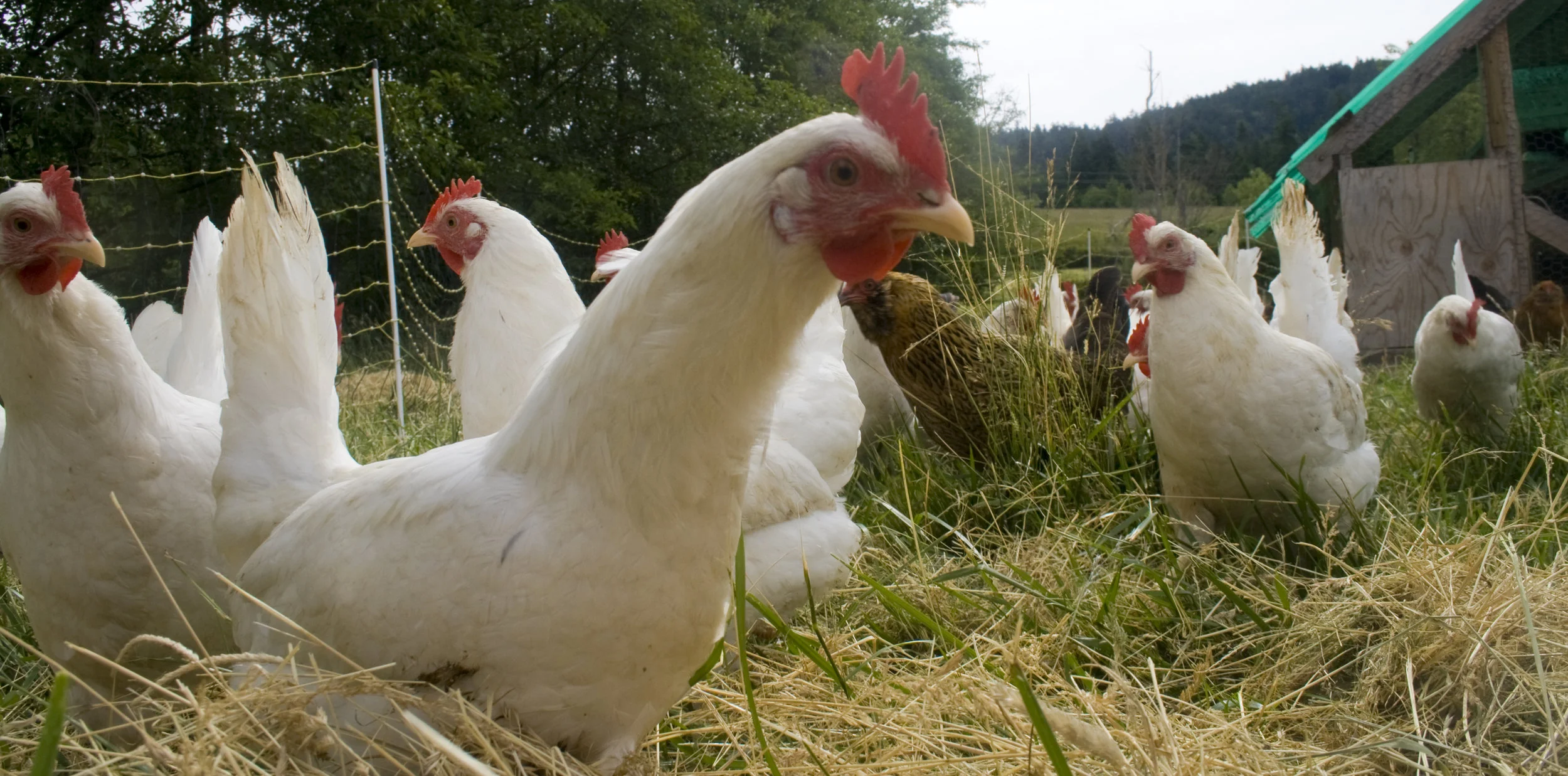As midterm elections in the U.S. draw near, common ground and civility appear to have flown the coup. In the state of California, there is a proposition on the November 6 ballot that one might think could bring compassionate members on both sides of the aisle to the table.
According to California’s Official Voter Information Guide, Proposition 12 “establishes new standards for confinement of farm animals” and “bans [the] sale of non-complying products.”
A “YES” vote endorses new minimum requirements on farmers to provide more space for egg-laying hens, breeding pigs, and calves raised for veal. California businesses would be banned from selling eggs or uncooked pork or veal that came from animals housed in ways that did not meet these requirements.
Voting “NO” on this measure means that current minimum space requirements for confining egg-laying hens, pregnant pigs, and calves raised for veal would continue to apply. The current ban on businesses in California selling eggs not meeting these space requirements for hens would remain in effect.
In 2008, California voters passed Proposition 2 which banned the confinement of pregnant pigs, calves raised for veal, and egg-laying hens in a manner that did not allow them to turn around freely, lie down, stand up, and fully extend their limbs. However, Proposition 2 did not provide specific measurements when defining prohibited confinement. Rather, the size restrictions were based on animal behavior. Proposition 2 became law in 2015. Proponents of Proposition 12 say that existing law does not go far enough to promote humane treatment of farm animals.
Prevent Cruelty California, a ballot measure committee launched by the Humane Society, is leading the charge on this initiative. Principal backers include the ASPCA, Sierra Club California, Center for Food Safety, United Farm Workers and the National Women’s farming Association. Proponents claim a broad base of support crossing party, religious and culinary preference lines.
Opposition to the the measure has made for some unlikely bedfellows. The Association of California Egg Farmers and National Pork Producers Council argue that the required changes would hike food prices and create meat and egg shortages. The Humane Farming Association (HFA), People for the Ethical Treatment of Animals (PETA), and Friends of Animals - staunch animal rights organizations - also came out against the initiative, accusing the Humane Society of colluding with the United Egg Producers and stating that the measure would keep hens in “horrific multi-level ‘cage-free’ factory systems” until the year 2022.
So, I hear some of you thinking, this website is about responsible pet ownership. What does this California ballot measure about farm animals have to do with that?
For those of us pet parents who are also meat-eaters, it is about having at least some modicum of compassion for animals (and their by-products) destined to fill our bellies. Having well-defined boundaries between pet and protein source should not preclude one from appreciating how all animals have served us through the millennium and will continue to support us into the future. Many hunter-gatherer societies fully embraced this notion going so far as to pray to and for the animals they killed for sustenance.
I fully accept my apparent duplicity in railing against animal cruelty on the same day I sit down before a plate of prime sirloin. While easily savoring a once-living cloven-hoofed grazer, I could never imagine taking a field trip to a slaughterhouse (and “risk” an immediate conversion to Veganism). While I cringe at the thought of partaking in rabbit or dog meat, there are scores of folk in Appalachia and the Far East, respectively, who indulge in these flesh daily.
My point is not that we have unanimous agreement on what a pet is and what food is. It is that all animals - regardless of their assigned purpose - deserve humane treatment while living out their lives. For farm animals, this should include nothing less than having free reign over their homestead.
We may disagree on what constitutes “ethical treatment.” We may squabble about the parameters of “adequate living space” and how quickly it is afforded. We may spar over the the degrees to which animals have “rights.” But the debate is a worthwhile one between reasonable people striving to overlap on policy - if not what’s for dinner.

